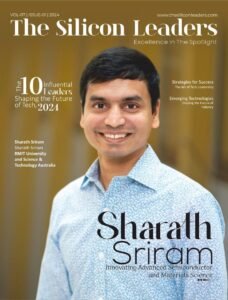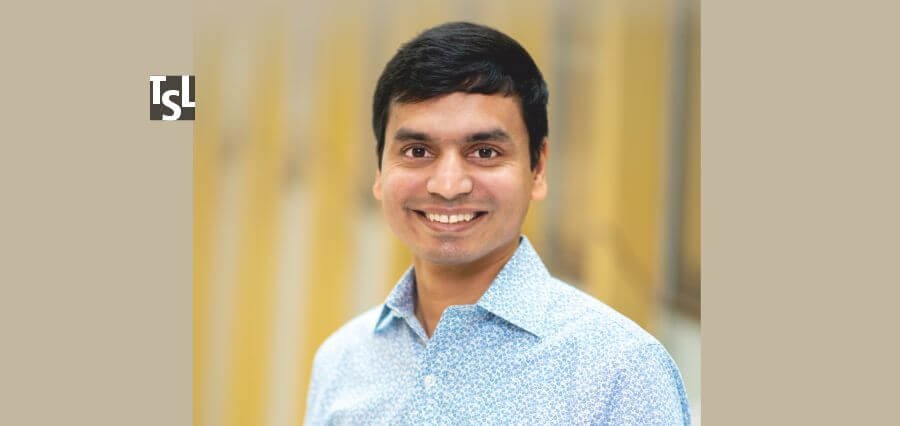Well-known for its engaging and immersive business content, The Silicon Leadersis pleased to feature Sharath Sriram, the respected Professor at RMIT University and Science & Technology.

Sharath Sriram, Professor who is widely recognized for his work in this new field, is spearheading the revolution of such innovations.
His educational path led him to a PhD in designing materials that have the capability of effectively converting pressure to electrical energy with an end vision of enhancing lives through technology. This has guided his major research on new materials, electronics design, and sensors technologies into enhancing healthcare and quality of life.
RMIT University and Science & Technology Australia have served as the major platforms for Sharath’s pioneering research. Here, he has created a strong portfolio in flexible electronics, conductometric biosensors, and new manufacturing methods. His research is wearables- and point-of-care-based diagnostics, taking these pioneering technologies to manufacture and scale. Through rigorous interaction with industry participants, Sharath has filled the gap between frontier research and applications and made impressive progress in advanced semiconductor and material science.
With a drive inspired by his core belief that lives can be made better through technology, he aimed for a PhD in developing materials that excel at converting pressure to electrical energy. The dream was to harvest energy from blood pressure fluctuations to power implantable electronics and sensors. That is the basis of new materials research, electronic design, and sensing technology that improves the knowledge of the human body, facilitates improved living and aging, and creates personalized health technologies with an emphasis on prevention. Sustaining Bold Initiatives through Trust and Delivery His leadership is based on three pillars: a clear strategy, building team members, and trust.
With each project, the lasting legacy or impact the project leaves is the biggest motivator that moves him. He doesn’t enjoy short-term wins. The capacity to see the possibility of scope of a project, bring it down to earth into a five-year plan, and be able to articulate this plan with brevity and richness within one page is critical.









